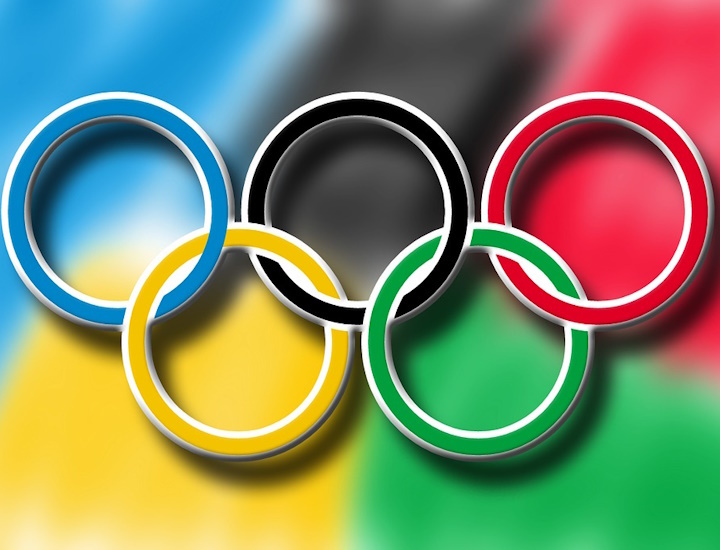Fights were fixed at the 2016 Olympic Games in Rio de Janeiro, with gold medal bouts among those pre-determined by an elaborate plot involving corrupt officials and judges, as well as bribery, an investigation has found.
The 149-page report produced by Professor Richard McLaren, who exposed a state sponsored doping regime in Russia, highlighted 11 bouts were under investigation, although the reports said it could be the “tip of the iceberg”.
Among the bouts being investigated were the heavyweight final between Russia’s Evgeny Tishchenko and Vasilliy Levit, of Kazahstan, which saw Tishchenko win a unanimous decision despite Levit dominating the fight. Michael Conlan’s bantamweight quarter-final against another Russian, Vladimir Nikitin, which also caused outrage, is also under suspicion, as is the super-heavyweight gold-medal match, which saw Tony Yoka awarded the win over Joe Joyce.
The report says the seeds of corruption were sown over many years at AIBA, the amateur code’s governing body, and manipulation of draws and results took place throughout the Olympic qualifiers as well as in Rio. The boxing tournament at London 2012 is also suspected of having been corrupted. France and Russia appear to be the main beneficiaries of the corruption.
Central to the plan, largely hatched by AIBA executive director Karim Bouzidi, but facilitated by AIBA president CK Wu, was the selection of a centralized group of 5-star referees and judges. Bouzidi seized the power to appoint referees and judges, ensuring that the correct officials were in place for his bouts of choice. Other officials were intimidated into doing as they were told, while some were just keen to agree with the promise of travelling to judge at the Olympics or championships as their reward.
“Bouts were manipulated for money, perceived benefit of AIBA, or to thank National Federations and their Olympic committees, and, on occasion, hosts of competitions for their financial support and political backing,” the report says. “The investigation to date has concluded that such manipulation involved significant six figure sums on occasion.
“The evidence the [investigation] found is thought to be the tip of the iceberg.
“The President CK Wu bears ultimate responsibility for the failures of officiating at Rio and the qualifying events. He was supported by his Executive Director at Rio who were key actors in organizing the field of play to allow the manipulation to flourish.”
Yoka and Tischenko are both believed to have been beneficiaries of corruption throughout the tournament, although there are no suggestions that the boxers had any knowledge of this.
Among the other bouts considered suspicious was Tischenko’s win over Clemente Russo, of Italy. Yoka’s semi-final against Filip Hrgovic, which was hotly disputed, is not one of the bouts picked out as suspicious, although it is believed he benefited from an easier draw after Romania’s Mihai Nistor – who once beat Anthony Joshua – was eliminated by Hussein Ishaish in his part of the draw, in a bout that is being investigated.
The women’s lightweight final, won by Yoka’s wife Estelle Mossely, is also under suspicion.
Wu was banned from the sport for life in 2018. AIBA was banned from involvement in the Tokyo Olympics.
The report was the first of three that McLaren will deliver into corruption at AIBA, with the next instalment coming in November and a final part next March.
The investigation was commissioned by the new AIBA president, Umar Kremlev.
“AIBA hired Professor McLaren because we have nothing to hide,” Kremlev said. “We will work to incorporate any helpful recommendations that are made. We will also take legal advice with regard to what action is possible against those found to have participated in any manipulation. There should be no place in the AIBA family for anyone who has fixed a fight.”
Ron Lewis is a senior writer for BoxingScene. He was Boxing Correspondent for The Times, where he worked from 2001-2019 - covering four Olympic Games and numerous world title fights across the globe. He has written about boxing for a wide variety of publications worldwide since the 1980s.


ADD COMMENT VIEW COMMENTS (30)